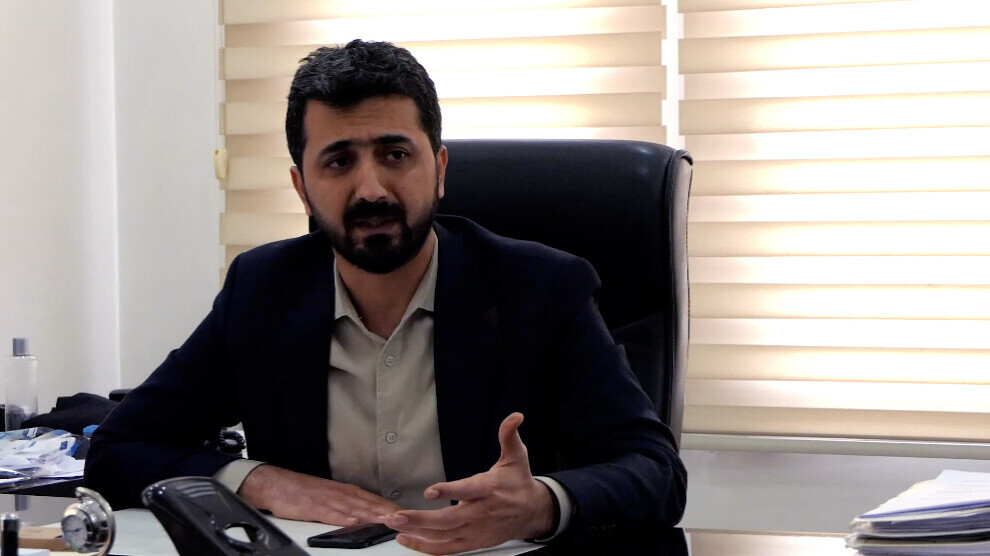Detentions during Newroz celebrations in Amed are illegal, says lawyer Diyar Çetedir
Detentions during Newroz celebrations in Amed are illegal, said lawyer Diyar Çetedir.
Detentions during Newroz celebrations in Amed are illegal, said lawyer Diyar Çetedir.

Amed Bar Association Board Member lawyer Diyar Çetedir said that the detentions during the Newroz celebrations in Amed are illegal since local dresses cannot be cited as a reason of detention.
Many people, including women and children, were detained during the Newroz celebrations in Amed, and were subjected to police violence and ill-treatment.
298 people, 74 of whom were children, were detained during the Newroz celebrations in Amed. The reasons for the detentions were local dresses called ‘şal û şepik’ and traditional clothes in yellow-red-green colours.
The detainees, subjected to physical violence by the police, were taken to the Anti-Terror Police department (TEM). Some of them were kept outside for hours in cold weather due to the lack of space in the detention facilities.
Some families had to bring babies whose mothers had been detained to the police station to breastfeed.
Statements of most detainees were taken without their lawyers. Together with over 60 men and women, 42 children out of 74, mostly aged 13-14, were released after midnight. The other 32 children were taken to a courthouse for their statements the next day. The children were later released after their statements were taken. However, the prosecutor ordered to take blood samples from the children. All detainees except 35 out of 298 were released after their statements were taken.
DETENTIONS ARE NOT LEGAL
Lawyer Çetedir said that legal permission was obtained for the celebration and added that local clothes are not banned either.
“Being detained while exercising your legal rights is torture in itself,” he said.
“Article 15 of the Child Protection Law states that children under the age of 15 cannot be detained. Despite this, the children were detained. The children were subjected to torture and ill-treatment during and after the detention process.”